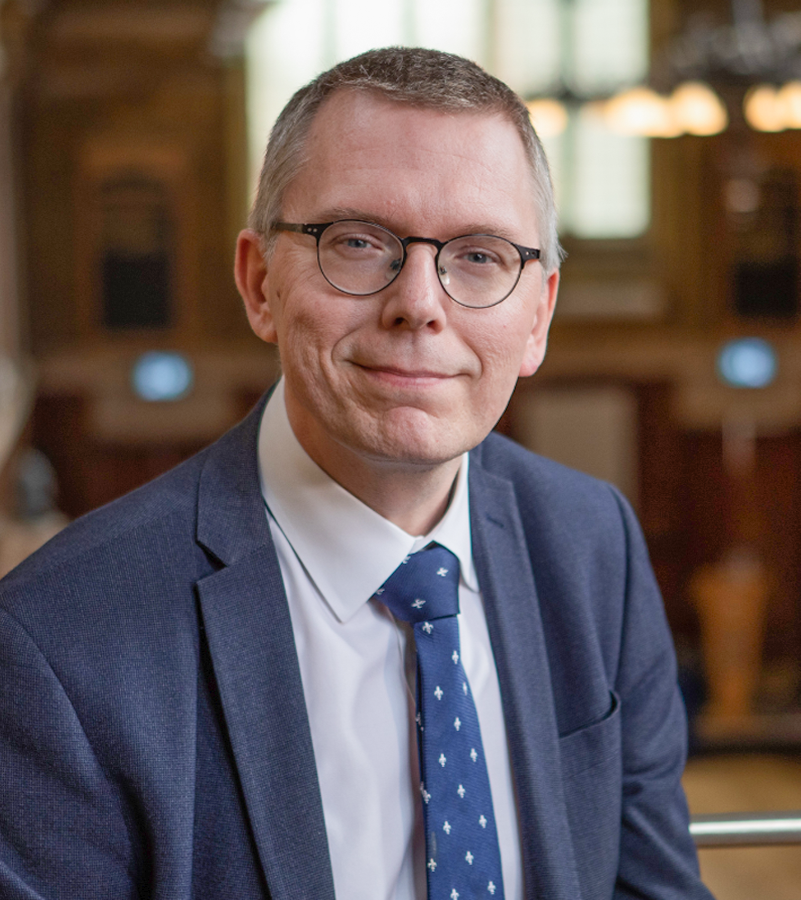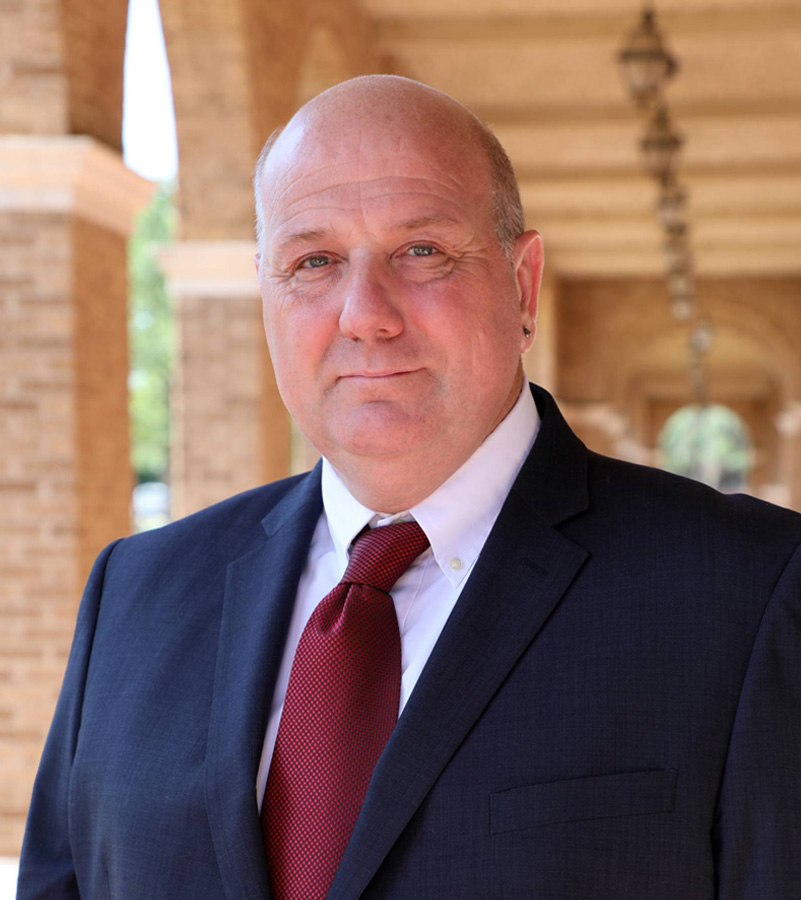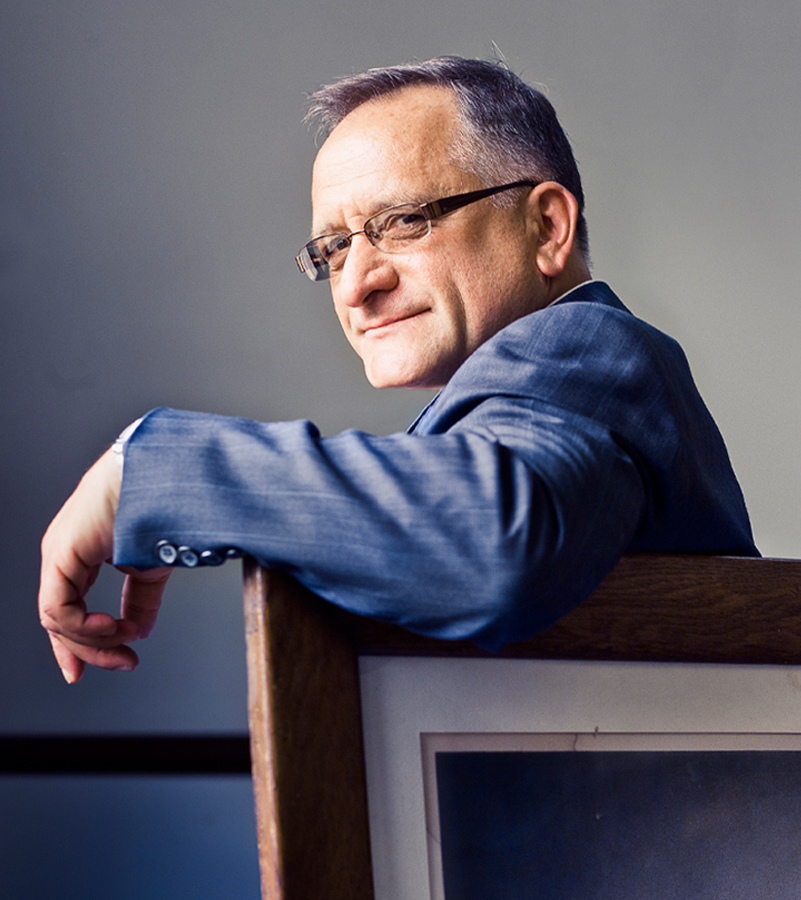“We are really here to solve the challenges of the region, the nation and the world.”
To begin with, I would like to ask you to give us a brief introduction to Dukes Education.
Dukes Education is a family of schools, approximately 40 of them in the UK, educating around 20,000 pupils from kindergarten all the way up to Grade 12. There are also a number of schools overseas and elsewhere in Europe, approaching 20 now, and it has grown pretty rapidly since its foundation in 2015.
All of our schools and settings are very different. They all have unique characters, a bit like any member of a family. Brothers and sisters are different from each other, but they’re also united by a common thread, and the common thread is to empower children to live extraordinary lives.
Our approach is to focus on leadership. We use a particular definition of leadership, which breaks down into adventure, innovation, high performance and service. So, really, what we’re talking about is not just leadership of others but leadership of self.
All of our students have the opportunity to complete a Dukes Young Leaders Award, which brings together all of those strands. I think the easiest way to summarize it in one word is that we lead with heart. So, for us, the emphasis is really on service and humility.
Understood. This has been very impressive growth since 2015, especially taking into account what we had. We had two or three years there of the world collapsing. What would you say have been the keys to the success of Duke’s Education?
I think the keys to our success have been our people, both our inspirational founder, Atif Hassan, and the team that he’s assembled and, in particular, the fact that there’s been a real focus on education so unusual for a school group like us. The majority of board members are educationalists, so people like me, former head teachers and educational experts. That means when we’re working with schools, colleagues, parents and children, we’re putting education first. We really know what we’re talking about.
Understood. You have an extensive network of nurseries, schools and colleges. Could you give us a deeper insight into your current network?
Yes. So, it’s a very diverse group. It includes schools like Cardiff Sixth Form College in Wales, which is the highest-performing A-level school in the world and recently finished in the top three for the world’s best school, but equally small nurseries in London or Cambridge, and medium-sized schools elsewhere, as well.
Could you also give us a better understanding of the curriculum? As you mentioned, leadership is a very strong component. You also go beyond the classroom with university application support, life-changing industry experiences, tuition camps and summer schools.
One of our great strengths is our whole suite of integrated services. Most of our schools deliver a fairly straightforward UK curriculum in terms of GCSE and A levels. University destinations include the best universities in the UK and elsewhere, particularly the US. But to support that, we have a section called Dukes Plus.
Dukes Plus offers work experience, internships, and advice on access to competitive universities and courses. It really complements our classroom provision, as well as summer schools and holiday camps before and after school. So it sort of wraps around everything we do, complementing and augmenting it as well.
And what would you say are the key competitive strengths of the group?
I think there are a number of competitive strengths. The first one is the one I mentioned, which is the focus on education, being led by educationalists and making really informed educational decisions. What that also means is the way we approach the governance of our schools. We really know what we’re doing.
Secondly, we have a huge emphasis on learning and development. So again, this comes back to people. We know, for example, from the research by John Hattie, that if you have a good teacher, they make a difference in the year you have them and every year afterward. Sadly, the reverse is also true. If you have a bad teacher, they make a difference in the year you have them and every year afterward, which is one of the reasons so many adults hate math.
So, our approach is to invest heavily in the professional development of all of our staff at whatever level of the organization they are at. We run leadership training programs. We run collaborative networks for teachers in lots of different subjects, including support staff. Anyone who works anywhere in our organization has the opportunity to learn, grow and develop.
Again, that reflects our values. One of our values is that we love learning. We’re always looking for opportunities to do things better and share best practices. We spend about a million pounds a year on our learning and development. We run hundreds of training courses that reach thousands of colleagues every year.
The other thing that’s really distinctive about us as a school group is the Dukes Foundation. I mentioned that point about service and the idea of having a social conscience and being aware of the wider world and the needs of the wider world. Indeed, one of the inequalities that pains us the most is educational inequality. And so, the Dukes Foundation has a mission by 2026 to be the largest provider of transformational bursaries in the UK. That’s a really ambitious target but is a really distinctive feature for us and is very Dukes. Again, it reflects our values.
Understood. Obviously, to be the best, the role of innovation is quite important, as is always having a state-of-the-art curriculum. Could you perhaps tell us a little bit more about the latest innovation that you have implemented in your school network?
This year, we’re running a number of experiments with the use of AI for teaching and learning, both in terms of helping teachers put together teaching resources such as lesson plans, interactive quizzes and tests and for students to use some sort of digital personal assistance. So those AI experiments are being evaluated this year, and then we’ll use that learning to see what we can roll out across all of our schools.
But it’s a very exciting moment for everyone in education. It will be easy to think of something like generative AI as a threat. But actually, we see it as an opportunity, and it’s an opportunity to rethink and re-explore the standard educational model and to think about ways of doing things more effectively that really benefit our students and our learners. And I come back to what I said about putting education first. So the question for us is, how can we use this to improve the educational experience for the students in our school?
Understood. That is quite interesting. I actually met in the US a company specializing in AI applied to education. They are called CK-12. They have essentially an online tutor. You can ask questions as a student, and the support will reply to them. They said that one of the most interesting things is to see what students actually ask. Sometimes, they are more advanced than you will expect. So it’s quite interesting to see that.
And the other things that are relevant are, firstly, sometimes students will feel more comfortable asking an AI a question than they might feel asking a teacher. So, for example, if you have students who have perfectionist tendencies, they can feel very nervous about putting their hand up in class and asking a question but are very happy to ask an AI digital assistant a question. So that’s kind of point one.
Point two. We know from lots of educational research, for example, the Educational Endowment Foundation, that one-to-one tutoring is really effective at enabling people to learn things better and more deeply. So, there is sort of a real focus on mastery learning. But obviously, it’s not practical to offer everybody human one-to-one tutoring.
That’s why classrooms and the current school model were developed; it was the only way to try to deliver education to the masses. If you go back to Greek and Roman times, given that you weren’t interested in educating the masses, you could spend lots of time educating people one-on-one. That’s why Aristotle spent a lot of time tutoring Alexander the Great.
But in the modern age, when you’re looking to democratize education and educate as many people as possible, that’s why you have classes of 30 and a teacher at the front. But the real opportunity for AI is to bring back the benefits of tutoring but be able to scale them.
This is an interesting concept. I really want to ask about business partners as well. Are you looking to partner with other educational institutions, perhaps with the corporate world or with companies? What are your thoughts in that sense?
We’re certainly very open-minded about working with anyone with whom we feel there’s good alignment with our values. We currently have a small number of partners, but in terms of educational organizations, yes, we are really happy to work with people who we feel will benefit our students.
Is there anything, David, I haven’t asked you about that you would like to mention?
I suppose my final message is that you know a good education can and should change your life. There is no more worthwhile activity than promoting and engaging in education. Sadly, worldwide, there is a shortage of people prepared to be teachers. So, I would encourage anybody reading this who wants to change the world to become a teacher.
Definitely, that’s a good final message. And my last question is, what is the vision that you have for Dukes in the next three to five years?
I mentioned we began life in the UK, but a lot of our recent expansion has been in Europe. I’m sure that will continue, and indeed, I’m sure in due course, will come to the US. So I’m sure the group will continue to expand and add schools where we feel there’s a good fit. We have something to contribute to them, and they’ll be good members of the family, and we’ve got things to learn from them.
But in terms of our core mission, which is about empowering children to live extraordinary lives, we will evolve our model. Because what an extraordinary life means in the middle of the 21st century is very different from what it might have meant 100 years ago. So I think the one thing I can be really sure of is that we won’t be standing still. And that’s one of the things I really enjoy about working with Dukes is it’s really dynamic. It’s really agile, and we’re constantly learning. We’re constantly evolving and moving forward.



















